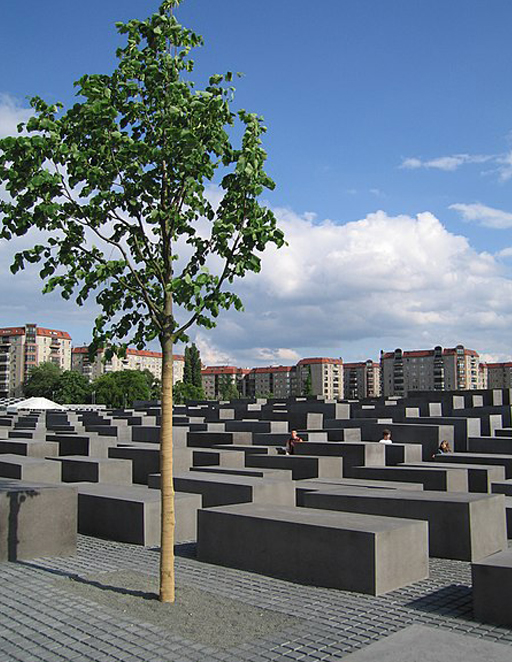1.3 The constitutive reading
The constitutive reading of the inseparability thesis does not claim that attacks on heritage are evidence of attacks on people, or that protecting heritage will strategically prevent attacks on people. Rather, it holds that attacks on heritage are attacks on people. Thus, the causes of defending humans and defending heritage are inseparable because, in certain respects, they both do the same thing.
However, the constitutive reading requires further clarification, otherwise it risks coming across as incoherent.
One way of understanding this reading is to see it as operating on the level of cultural groups. To destroy a cultural group, we might carry out mass killings. Alternatively, we might try to wipe out its heritage, thereby leading to the ‘death’ of the culture even if the members physically survive. Given this, the true defence of the cultural group would require the protection of both people’s lives and their heritage as inseparable elements (Figure 2).
Yet, by focusing only on cultural groups, this interpretation fails to address the cases covered in this course. That is, where agents are forced to make choices between saving individual people and individual pieces of heritage. So we must look further.
Another way to understand the constitutive reading, which does speak to such dilemmas, is: although human beings and cultural heritage are very different things, the value they possess, or the ultimate reason we should value them, is the same in each case.
If human beings and heritage are valuable in the same way, it follows that attacks against humans and attacks against heritage ultimately do the same sort of harm. That is, killing humans and damaging heritage are bad for the same reason. Similarly, protecting humans and protecting heritage would be aimed at protecting the same thing: the single final value that each thing possesses or produces.
What could this be? What sort of value could possibly constitute the entire worth of both human lives and cultural heritage? Again, the answer is not clear, but perhaps the most plausible suggestion is flourishing.

